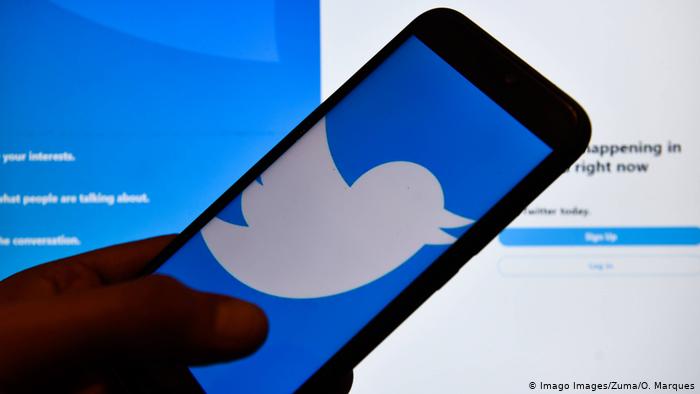
New Delhi: Twitter holds a relatively low share of India's social media market. But, since 2017, the huge nation has emerged as Twitter's fastest-growing market, becoming critical to its global expansion plans.
In February, the Indian government introduced new guidelines to regulate digital content on rapidly growing social media platforms.
The so-called Intermediary Guidelines are aimed at regulating content on internet platforms such as Twitter and Facebook, making them more accountable to legal requests for the removal of posts and sharing information about the originators of messages.
Employees at these companies can be held criminally liable for not complying with the government's requests.
Large social media firms must also set up mechanisms to address grievances and appoint executives to liaise with law enforcement under the new rules, as well as appoint an India-based compliance officer who would be held criminally liable for the content on their platforms.
The Indian government says the rules empower "users who become victims of defamation, morphed images, sexual abuse," among other online crimes. It also said that the rules seek to tackle the problem of disinformation.
But critics fear that the rules could be used to target government opponents and make sure dissidents don't use the platforms.
Social media companies were expected to comply with the new rules by May 25.
Some Indian media reports have recently said that Twitter lost its status as an "intermediary" and the legal protection that came with it, due to its failure to comply with the new rules.
Failure to comply and serious implications
Apar Gupta, the executive director of the Internet Freedom Foundation, a New Delhi-based digital rights advocacy group, says failure to comply with the rules could threaten Twitter's India operations.
"Not complying with the rules would pose a real risk to Twitter's operational environment," he told DW.
"It will need to go to court to defend itself each time criminal prosecutions are launched against it," he added.
The first case against Twitter was filed last week, where it was charged with failing to stop the spread of a video on its platform that allegedly incited "hate and enmity" between two religious groups.
Gupta says adhering to all the government's demands would substantially change Twitter.
"Absolute compliance would mean heavy censorship of individual tweets, removal of the manipulated media tags, and blocking/suspension of accounts at the government's behest," he said.
Torsha Sarkar, policy officer at the Bengaluru-based Centre for Internet and Society, fears that Twitter might at times be compelled to overcomply with government demands, threatening user rights.
"This can be either by over-complying with flawed information requests, thereby selling out its users, or taking down content that offends the majoritarian sensibilities," she told DW.
Last week, three special rapporteurs appointed by a top UN human rights body expressed "serious concerns" that certain parts of the guidelines "may result in the limiting or infringement of a wide range of human rights."
They urged New Delhi to review the rules, adding that they did not conform to India's international human rights obligations and could threaten the digital rights of Indians.